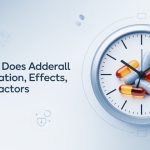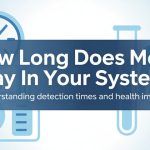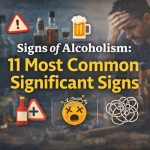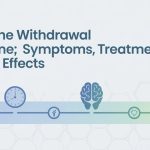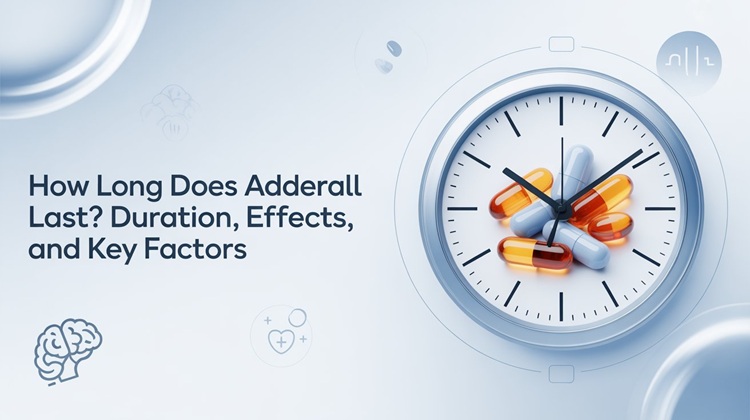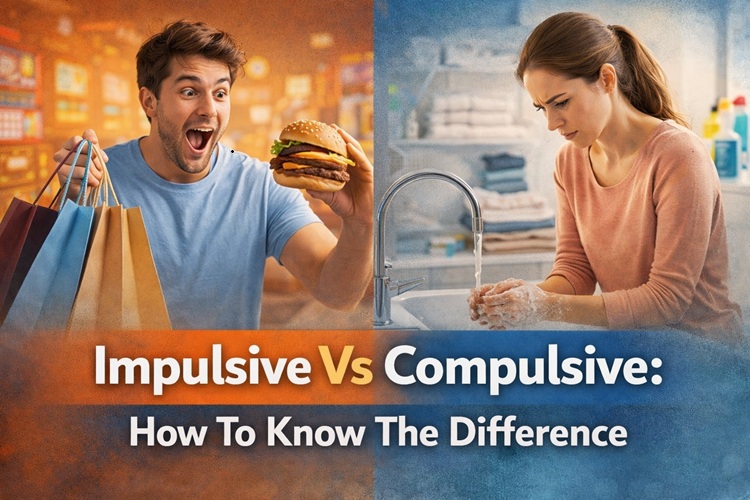Psychotic disorder is a serious psychiatric illness that can change the way one perceives things in real life. Psychotic disorder sufferers can have delusions, hallucinations, disorganized thoughts, and poor functioning. These symptoms may be scary- it is still possible to recover with early identification, proper diagnosis, and treatment.
Whether you are wondering, What is a psychotic disorder? and seeking information to help you or a friend or family member, this resource has credible and pure answers.
What is a Psychotic Disorder?
Psychotic disorder refers to mental health conditions whereby one has lost touch with reality; it is usually characterized by hallucinations (hearing or seeing something that is not in existence) or delusions (false beliefs). Such occurrences are known as psychosis and may be short or prolonged and are determined by type and degree.
Types of Psychotic Disorders
Knowledge of the nature of psychotic disorders may help you notice the manifestations at an early stage:
Schizophrenia – The best-known psychosis, it is characterized by chronic psychosis, thought disorganization, and emotionality.
Schizoaffective Disorder – A mixture of mood disorder symptoms (such as depression and mania) combined with psychosis.
Brief Psychotic Disorder – Very short-lasting at most a month and usually because of either a traumatic event or stress.
Delusional Disorder – It is associated with fixed false beliefs which are devoid of any other notable psychotic symptoms.
Substance-Induced Psychotic Disorder – Alcohol, drugs or withdrawal related.
Psychotic Disorder Caused by Medical Condition- is associated with medical conditions like a brain injury or neurological illness.
100% Confidential Support is Available 24/7
No matter what you’re going through, you’re not alone. Our dedicated team is here to provide a safe, judgment-free space where you can talk openly and honestly. Whether you need emotional support, resources, or just someone to listen.
We’re here for you—completely confidential and always respectful of your privacy. Call us today!
Common Psychotic Disorder Symptoms
The signs and symptoms of psychotic disorders are different, although they normally encompass:
Hallucinations – Sighting, hearing or perceiving an object that does not exist.
Delusions – Deeply held beliefs that aren’t real (e.g. paranoia).
Disorganized Speech – Switching between the themes of unrelated speech or any incoherent speech.
Disordered Behavior – Odd behavior, agitated behavior, catatonic behavior.
Cognitive Problems – Poor insight or difficulty concentrating and memory problems.
Social withdrawal, decline in functioning and abnormal beliefs and thoughts can be the early warning signs.

Contact Palm Coast Treatment Solutions
Battling with Drug and Alcohol Addition? Remember, you are not alone and we are here to help you!
Causes of Psychotic Disorders
It has no one cause, but several factors play a part in psychotic disorders:
Genetics – Family history is a risk factor.
Brain Chemistry – Disproportion of dopamine and other neurotransmitters.
Trauma or Stress – The more prominent in early age or early adulthood.
Substance Use – LSD, meth or cannabis could induce symptoms.
Medical Conditions – Psychosis may be caused by brain tumors or infection, or epilepsy.
Overcome Addiction with Palm Coast Treatment Solutions.
Book an appointment.
How is Psychotic Disorder Diagnosis Made?
Psychotic disorder diagnosis is based on a detailed mental assessment:
- Psychiatric testing whereby there is assessment of symptoms and thinking patterns.
- Physical tests to rule out physical reasons or the use of drugs.
- Monitoring of the changes by way of observation over time to identify the type of disorder.
An early diagnosis is more effective in treating it.
What is the Best Psychotic Disorder Treatment?
Psychotic disorder treatment typically includes a combination of the following:
1. Medication
The primary treatment is the use of antipsychotics.
They can also prescribe mood stabilizers or antidepressants.
2. Psychotherapy
Cognitive Behavioral Therapy (CBT) to take charge of thoughts and behavior.
Education and family therapy to help out the environment of the individual.
3. Supportive Services
Vocational support, social skills training, and case management.
In severe cases, hospitalisation is done to provide safety and stabilise.
Many people can lead a full life, with a bit of therapy.
How Can You Help Someone With a Psychotic Disorder?
In case a person is psychotic:
- Remain calm and talk straight.
- Do not argue with delusional or hallucinating.
Reach out to a mental health specialist when they appear to themselves or others.

Overcome Addiction with Palm Coast Treatment Solutions.
Book an appointment.
Get Help Today at Palm Coast Treatment Solutions
You are not the only one. Don’t suffer with psychosis or a psychotic disorder alone, seek out help.
At Palm Coast Treatment Solutions, we have a compassionate staff who offer a highly qualified diagnosis, evidence-based treatment and holistic assistance in a nurturing, safe and structured setting. Whether you need answers or stability or long-term recovery, we are here to help you..
You can start planning the road to healing. Call us at (386)-284-4151 today or visit our website now.
Psychotic Disorders FAQs
Q1. What are the first signs of a psychotic disorder?
Ans: Social withdrawal, abnormal beliefs, marked personality changes are usually seen in the first signs of the mental disorder along with the inability to think clearly. His/her friends and relatives may observe that the person starts to alienate or says some strange things.
Q2. Can psychotic disorders be cured?
Ans: Psychotic disorders are very treatable, although people believe there is no permanent cure. A lot of people have gone through a long series of remissions with bitter medication and therapy; hence, they can live normal and complete lives.
Q3. Are psychotic disorders the same as schizophrenia?
Ans: No, schizophrenia is a particular kind of psychotic disorder. Different types comprise a schizoaffective disorder, a delusional disorder, and a brief psychotic disorder. All of these conditions entail a disconnection to reality, but each has various diagnostic specifications.
Q4. Can drug use cause psychotic disorders?
Ans: Yes, substance use, especially of those that contain drugs such as LSD, methamphetamines or high-potency cannabis compounds, could be associated with psychotic respites. This risk is particularly dangerous in case of those who could be genetically predisposed to the disorders.
Q5. Is it possible to live a normal life with a psychotic disorder?
Ans: Absolutely. Many individuals with psychotic disorders can effectively manage their symptoms with regular treatment, which can be both medication-based and therapy-based. He or she can sustain relationships and employment and have a useful and productive life.







